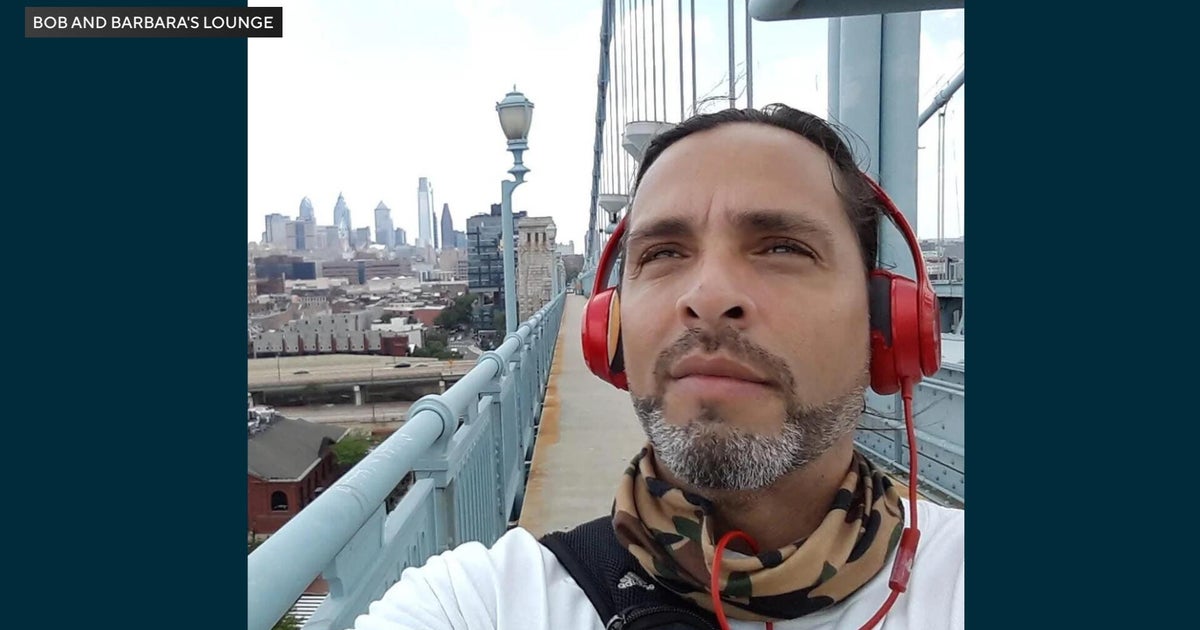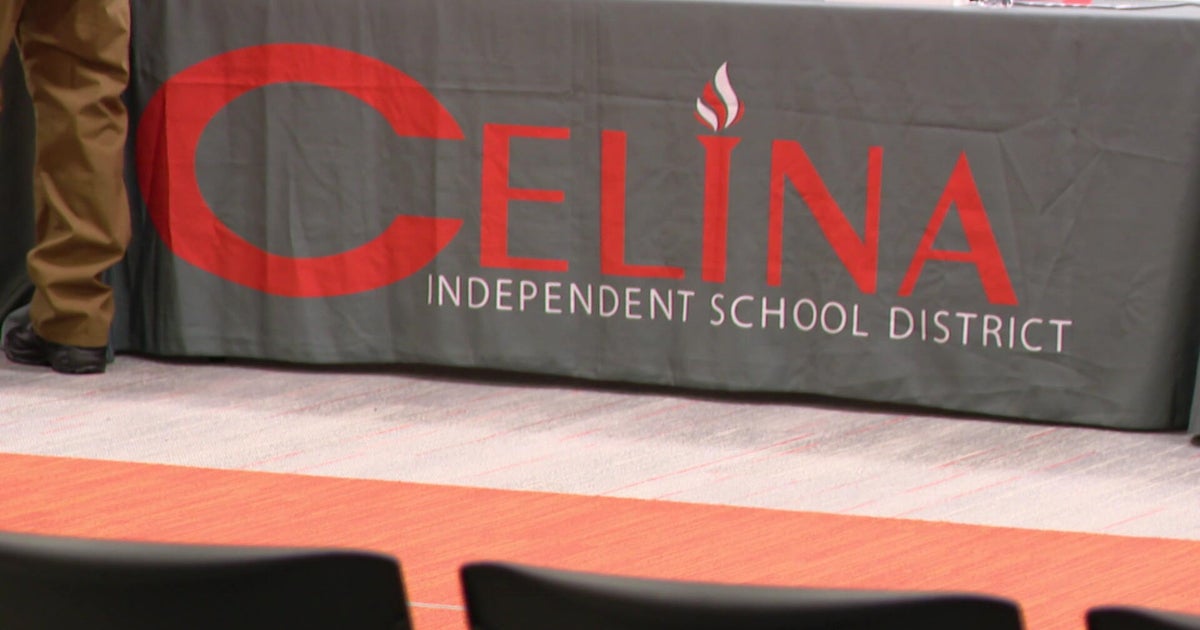Pennsylvania families face challenges finding affordable, quality child care
PHILADELPHIA (CBS) — The challenges of child care brought Pennsylvania Lt. Gov. Austin Davis to Roxborough on Thursday. It's an issue that hits close to home for him.
"I'm a new dad to a soon-to-be 1-year-old next week, so I'm in this just with you, trying to go through what's right for my daughter," Davis said.
Davis has made several stops across the state as the co-chair of the Pennsylvania Early Learning Investment Commission, also known as ELIC, looking to find out how the state can help parents and providers. One ELIC commissioner said parents face three challenges when it comes to child care right now.
"The trilemma is child care availability, quality and affordability," Alice Lindenauer said. "[In] 41 states, infant care costs more than in-state college tuition."
According to data from the Economic Policy Institute, child care in Pennsylvania falls $2,692 shy of reaching the average price of in-state tuition to a four-year college. But their data shows the average cost for infant child care in the state to be $11,842, making up 17.5% of the median family's income.
Roxborough mother Tiana Williams also shared the challenges she faced when trying to find care for her 4-year-old son. Williams says she was looking for a safe space where her child could learn, but it also had to fit within their budget.
"Going through the process of trying to find the right space for him, that definitely came with some challenges," said Williams.
Williams, though, counts herself lucky. She said she got involved with an online mom group and got a recommendation to go to the YMCA. She didn't have to sit on a long waitlist, as she acknowledged many parents do, and loves the staff and facility for her son.
But even with all those plusses, there are still challenges.
"He's in school from 9 to 3. My work day starts at 8 o'clock. So I can't afford, we cannot afford extended care, which is $290 extra a week. I've used my lunch break, technically, in the morning to get him to school and to get back home to work," said Williams.
Experts say providers are facing challenges too. Specifically, there are problems when it comes to recruiting and retaining staff. They say less staff means fewer rooms can be opened at facilities, leading to less availability.
Some experts discussed the challenge of obtaining licenses to be a child care worker not equaling out when it comes to their pay.
"When you have an offer from a retail company down the street for a couple more dollars an hour, with significantly less stress and responsibility," said Jen Segelkin with the Greater Philadelphia YMCA.
"No matter how many creative and clever ideas we have to expand the workforce, it won't matter if we're not paying them," said Melanie Brennan with KenCrest.
During the conversation, Davis called child care "infrastructure," saying it's just as important to the state's economy as its roads and bridges. Without adequate child care, Davis said, the state could start losing jobs.
"If you want employees to get back to work, in the office, we have to make sure that their most precious item that they care about, their children, are safely taken care of and in an environment where they can flourish," said Davis.
Some of the conversation over how to fix the challenges of child care turned to how employers can get involved. One ELIC commissioner said times have changed, and companies can look at child care like health insurance.
"Where the government can help lead on that, the private sector will follow, will take it, will innovate on it," said commissioner Kate Woods. "We have to think about how today's workforce needs child care as part of a benefits package."
Lindenauer noted she believes companies who support child care for employees can benefit from the practice.
"Those employees are less likely to leave the organization. They're more likely to give what we call in the financial services industry alpha performance, so performance above and beyond," said Lindenauer.
Davis didn't leave Thursday's discussion with any concrete plans in place, but he said it gave him and other leaders some good ideas. He said the next step is to take those ideas back to Harrisburg and come up with plans to be included in the state budget.
Asked if he believes he can get plans for child care help through Pennsylvania's divided legislature, Davis said he believes this is a bipartisan issue.
"I think you can expect us to continue to make this a robust issue as we go into the budget process next year," said Davis.







